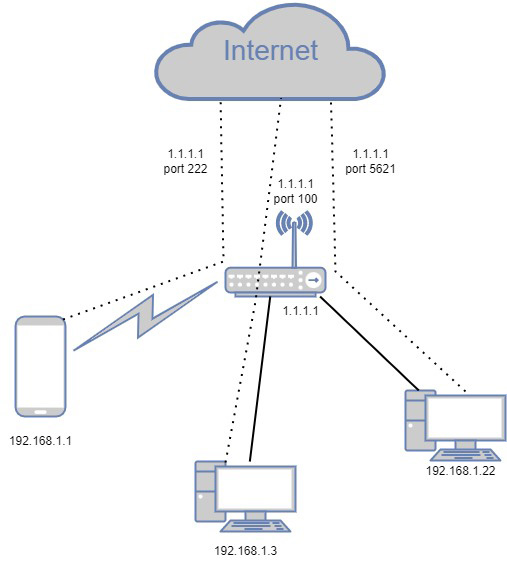Your IP address isn't just a number – it's the key to a wealth of information about you. Someone who knows your IP address can pinpoint your location, including your region, city, and sometimes even your postal code or street address. Marketers use this data, combining it with other information obtained from cookies, trackers, and metadata, to create a detailed user profile. This allows them to learn not only about your location, but also the websites you visit, your interests, your search terms, and much more. This allows them to display targeted ads and personalized search results.
Your Internet Service Provider (ISP) has even more access to the data – it knows your personal information, and can also track and store information about your network traffic, which is not encrypted. In some cases, providers may share this data with government organizations or other entities.
How to protect your privacy?
To protect yourself from being tracked and maintain your privacy, it is a good idea to hide your IP address. One way to do this is to use a VPN (Virtual Private Network) service. A VPN encrypts your internet traffic and redirects it through a server in another location, so your real IP is hidden. This makes it much harder for third parties to access your data and increases your online security.
Learn more about VPNs and how they can protect your privacy.
Notes on geolocation
IP address location, or the location of a device, is often imprecise. In large cities, accuracy can be high, but in other locations, especially rural areas, there can be significant discrepancies.
In some cases, the location may not indicate the user's destination address, but the location of the internet provider, which is often the case with mobile networks.
Types of IP Addresses: Static and Dynamic
IP addresses can be assigned in two ways: statically or dynamically. Static IP addresses are permanently assigned to a specific device, which is typical for servers that must always be available at the same address. Static IPs are usually additionally paid and more useful in a business environment.
Dynamic IP addresses change every time you connect to the internet. They are randomly assigned from a pool of available addresses by your ISP and are most often used by individual customers, such as in mobile networks. This means that your IP can be different every time you connect, making tracking somewhat difficult.
Ports: One IP Address, Many Devices
The IPv4 address resource is limited, which means that not every device can have a unique IP address. In practice, many devices on the same network (e.g. at home) use the same IP address on the Internet. For example, if you have a Wi-Fi network at home, all devices connected to it will use the same public IP address.
This is possible thanks to port numbers - additional information that is sent along with the IP address. Ports allow the router to identify a specific device or service on the local network. This means that if you only know the IP address but not the port number, you can't determine exactly which device sent the data - you can only indicate a group of devices.
It is illustrated by the diagram below, in which different devices have the same IP - 1.1.1.1:
